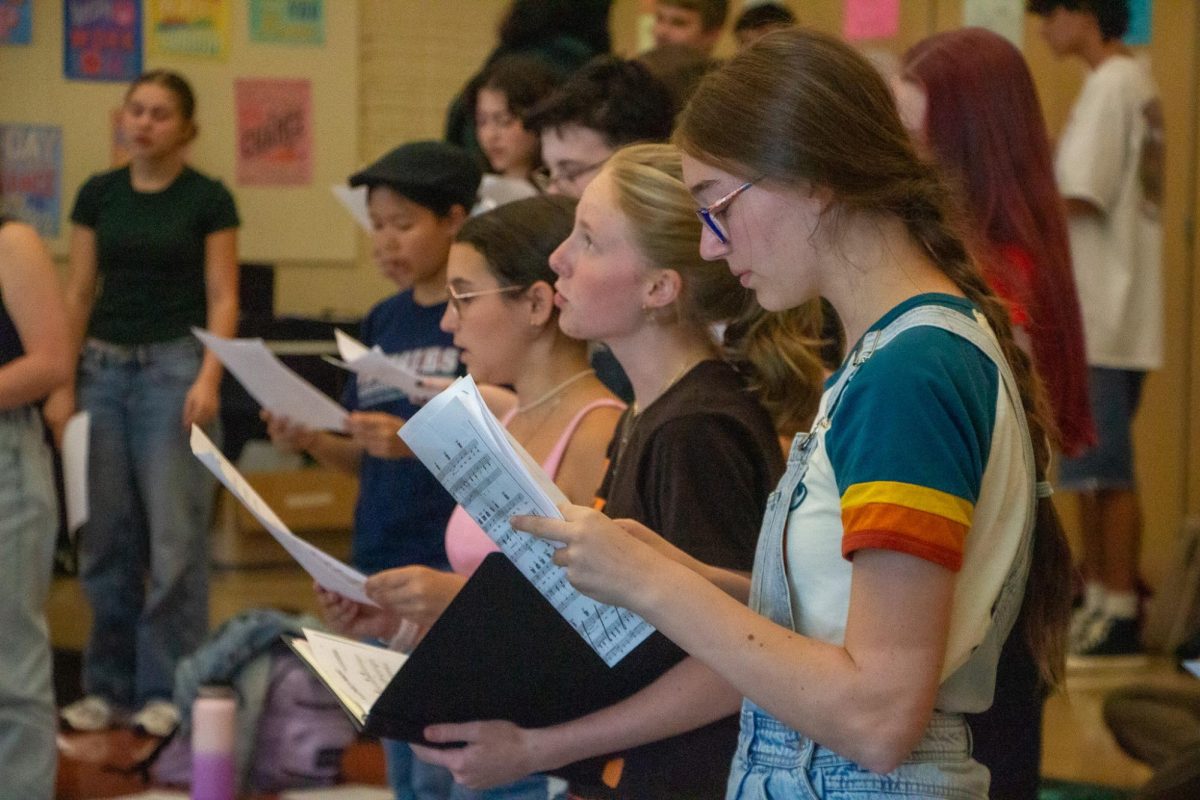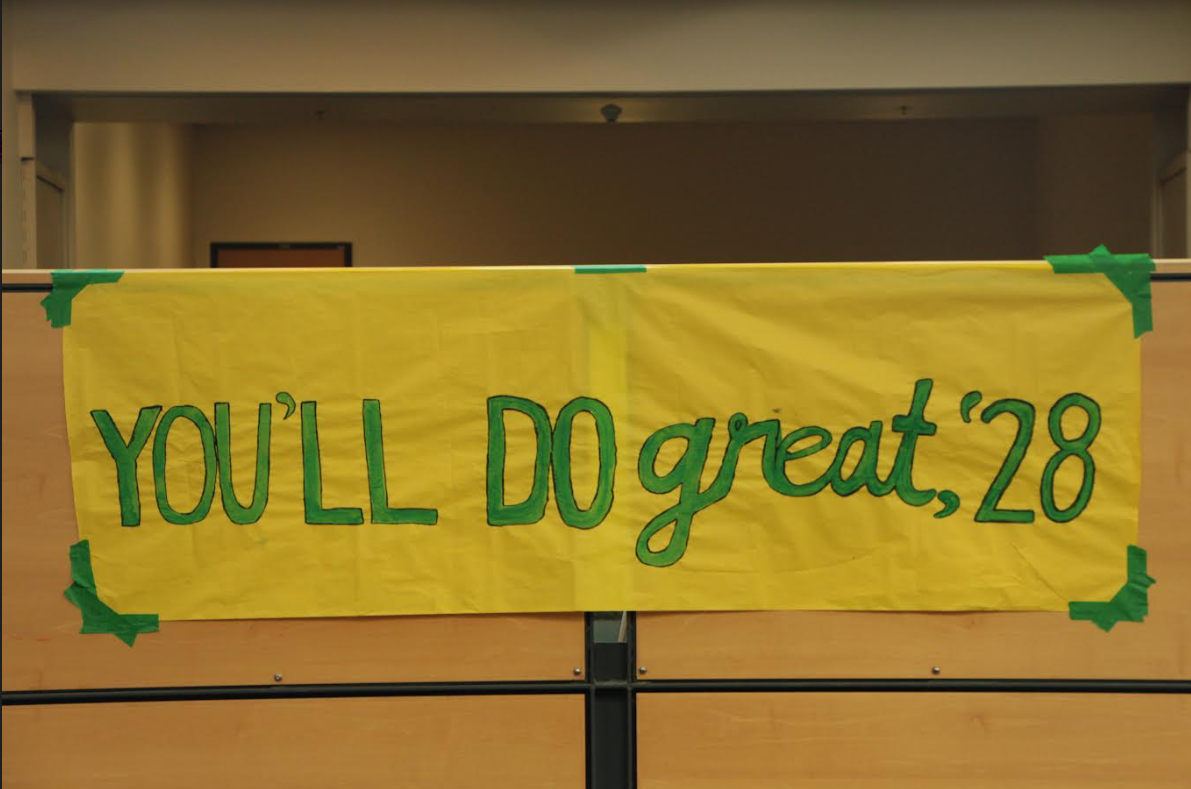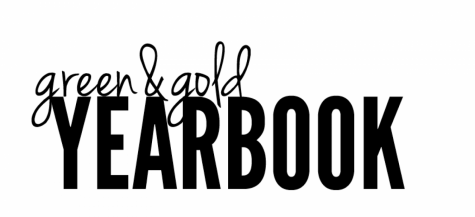Yearbook Editorial Policy
Green and Gold Yearbook Editorial Policy
Purpose
The Green and Gold Yearbook strives to inform, educate, and entertain the student body of West Linn High School as a student-produced yearbook. The yearbook will serve as a designated PUBLIC forum for student expression on student life, clubs & organizations, athletics, academics, people, and community. It will also serve as an educational opportunity for the members of the Green and Gold staff to learn the different attributes of journalism.
Staff Membership
Membership to Green and Gold Yearbook Staff is open to all students attending West Linn High School upon application.
Student Editorial Board
Editors of The Green and Gold Yearbook reserve the right to select all content and priority of stories. The board consists of staff editors, all of which may change and/or grow throughout the year. The board also oversees and manages the finances of the publication unless a business manager has been named. The board will vote on any issues of coverage, should they arise.
Freedom of the Press Statement
As responsible journalists, reporters will read back quotes for clarification and accuracy. However, sources will not be allowed to read the final OR ANY TEXT text of the story prior to publication. Sources may have followup interviews or supplement their initial statements.
Content
By virtue of the fact that the publication is a student conceived, planned and produced publications, as well as a product of an academic program, there are certain guidelines which must be put into practice ethically and legally.
Journalistic in nature, the publication attempts to inform and entertain its audience in a broad, fair and accurate manner on all subjects that affect readers in the areas of lifestyles, academics, clubs and sports. The entire students body of prospective readers constitutes the target audience for the book with secondary audiences including parents, school personnel, community members and other scholastic journalism groups. Content focuses on coverage which will meet the wants and needs of the majority of these students.
While the staff not only allows, but also encourages, constructive criticism of any part of the yearbook, before or after distribution, final authority for the content rests solely in the hands of student journalists and their adviser. Despite the court ruler in Hazelwood vs. Kuhlmeier, administrators rely on the adviser and staff to make content decisions.
No material, opinionated or otherwise, will be printed which is libelous, irresponsible, advocates an illegal activity or which the editorial board and/or adviser deems in poor taste.
Prior Review
Sources will be able to review quotes VERBALLY at the time of the interview, but will not be able to arbitrarily demand to read a reporter’s completed story OR DRAFT OR STORIES and perform editing tasks on it. The school yearbook will not, within all boundaries of the law, reveal a source who asked to remain nameless. Additionally, no prior review of the content of the paper is permitted from ANYONE outside of the staff. This is in order to protect free speech, encourage freedom of expression and thought, and to encourage the constitutional, democratic principles on which our country was founded. According to The Principal’s Guide to Scholastic Journalism:
“The First Amendment to the U.S. Constitution protects free speech and press freedom of all Americans, including students in school. Although the U.S. Supreme Court has made clear these rights are not unlimited, it has also affirmed neither ‘students [nor] teachers shed their Constitutional rights to freedom of expression at the schoolhouse gate.’”
“In fact, free expression has long been regarded as the foundation of U.S. democracy. Thomas Jefferson perhaps said it best: “Our liberty depends on freedom of the press and that cannot be limited without being lost.”
The first direct experience most Americans have with press freedom, and the censorship that limits it, begins when they are in school working on student media. That’s why journalism educators, judges and First Amendment advocates have urged schools to support and foster student free expression because it is key to persuading young people “that our Constitution is a living reality, not [just] parchment preserved under glass. ”
“The Journalism Education Association, the nation’s largest association of scholastic journalism educators and secondary school media advisers, has adopted strong policy statements endorsing student freedom of expression. For our democracy to be truly participatory, JEA believes students must be empowered so they see the value of making a difference.” (http://principalsguide.org/thefirstamendmentandstudentmedia/ )
Portrait Policy
All students and school personnel must have their portraits made with the official school portrait photographer to be included in the current volume of the yearbook. Since the school-selected studio provides student identification cards at no charge and publication photos are taken simultaneously, there will be no charge for seniors, underclass students or faculty/staff who want
only publication/ID photos. Seniors may submit portrait photos to replace the official school portrait photograph as long as they meet the specifications outlined in the senior flyer. Submitted portraits not meeting specifications will not be used and will be replaced with the official school portrait photograph.
Book Sales Policy
Satisfaction guaranteed or money back. Any student who does not wish to keep his/her book may obtain a refund provided that the book is returned in the same condition in which it was distributed. Returned for refund books must be free of damage and writing. Once returned, the book becomes the property of the staff and can be resold at the current cost.
Exchanges can be made for books with minor flaws if no writing has been done in the book. If a book has been written in, then no exchange can be made. It will be the responsibility of the buyer to provide proof of purchase if no record can be provided by the staff. A valid receipt or a cancelled check deposited in the yearbook account will constitute proof of purchase.
Advertising Policy
All advertising accepted by the staff must meet the same guidelines as the content policy. Acceptance of advertising does not constitute an endorsement by the school, the staff as a whole, or its individual members. Advertising program and rates are specifically detailed in the ad packet and Contract.
Obituary Policy
Should a student and/or school personnel die anytime during the current coverage period, the staff will treat the death in a tasteful, respectful manner. The portrait of that individual will appear as it would under normal circumstances, but the name of the person and dates of birth and death will be set in a 30% black screened box. This uncommanding treatment will provide adequate memory of the individual for those closely associated while not overemphasizing it for other readers.
Correction of Errors
In the event of an error, the Editorial Board will attempt to mitigate the damage. Every reasonable precaution is made to avoid these errors, but some amount of error is inevitable. Each case will be reviewed on its own merit.
Photo and Graphics Use
Staff members will produce all photos and graphics unless the staff has been given consent from outside sources. Photos and graphics contributed by outside sources will be identified as “Photo Courtesy of ______________” or “Graphic Courtesy of _________________.”
At times, photographs will be manipulated to add artistic value to enhance a story. However, no photo will be manipulated to change the original message of the photograph.
Stylebook
The Green and Gold yearbook operates under the Associated Press style policies, and a staff-generated design style guide.
Funding
The Green and Gold Yearbook is a self-produced paper in all aspects, including funding. The paper does receive some funds from the district, but covers all excess costs through advertising by local businesses. The funds earned from the ad sales belong to the staff and will be used accordingly to advance the learning, abilities, and opportunities of the staff.



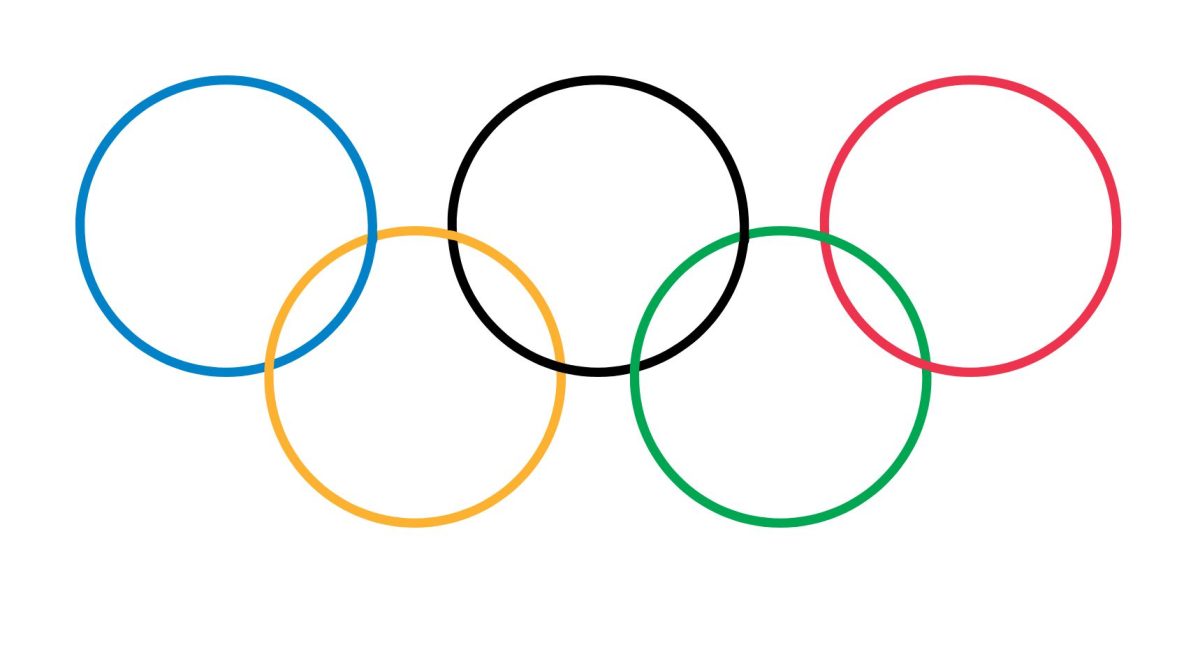
























![The teams prepare to start another play with just a few minutes left in the first half. The Lions were in the lead at halftime with a score of 27-0. At half time, the team went back to the locker rooms. “[We ate] orange slices,” Malos said. “[Then] our team came out and got the win.”](https://wlhsnow.com/wp-content/uploads/2023/10/IMG_2385-1200x800.jpg)
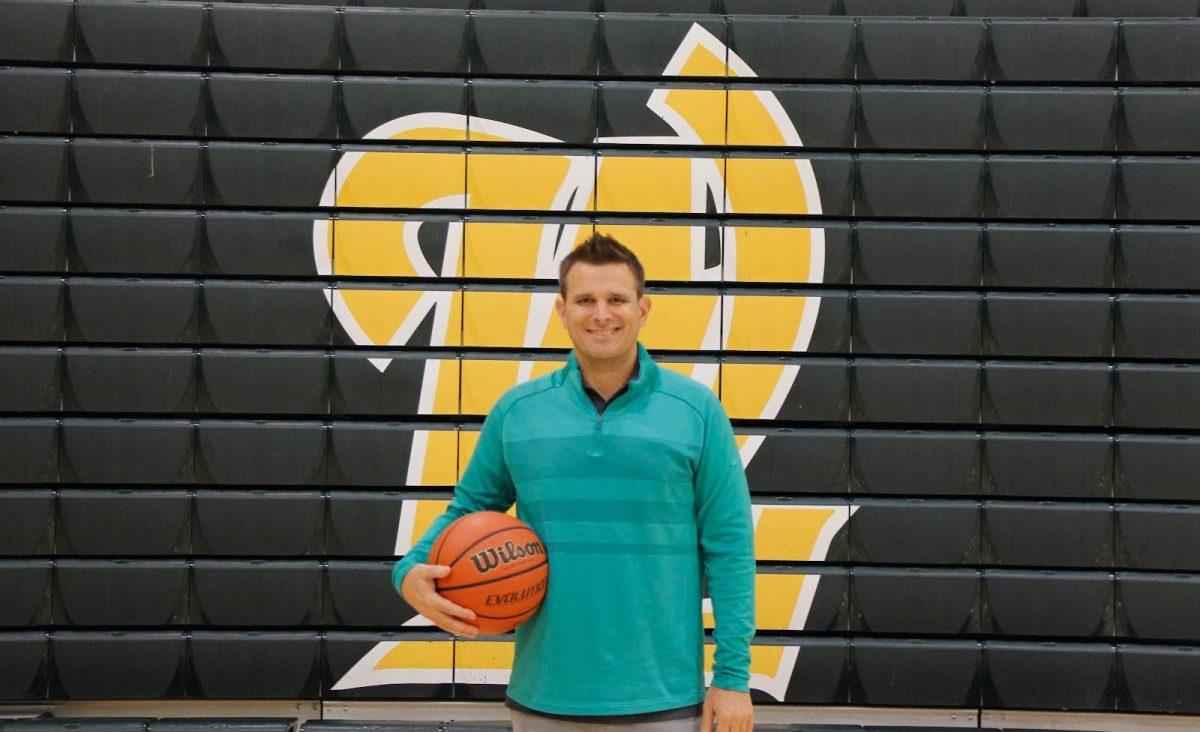







![At the bottom of the third inning, the Lions are still scoreless. Rowe stands at home plate, preparing to bat, while Vandenbrink stands off to the side as the next batter up. Despite having the bases loaded, the team was unable to score any runs. “It’s just the beginning of the season. We’re just going to be playing out best by June, [and] that’s where champions are,” Rowe said.](https://wlhsnow.com/wp-content/uploads/2024/03/IMG_3077-1200x900.jpg)











